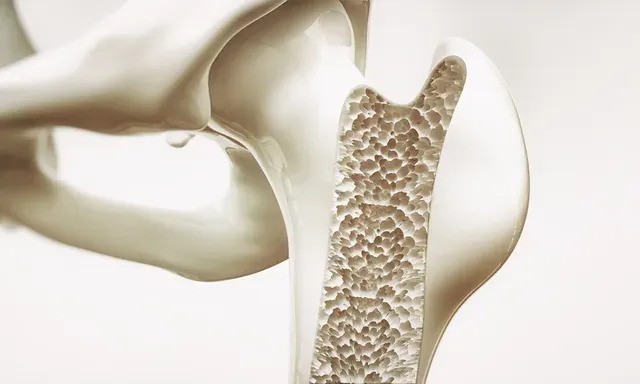Osteoporosis
Orthopedic & Spine Care located in Bristol, CT

Osteoporosis affects women nearly five times more often than men, yet no one has symptoms until a bone fractures. As an orthopedic specialist, Ashish Upadhyay, MD, MS, at Connecticut Advanced Spine in Bristol, Connecticut, offers osteoporosis risk assessments and creates customized treatment plans to support healthy bones. Dr. Upadhyay specializes in repairing vertebral compression fractures, one of the most common problems caused by osteoporosis, with minimally invasive procedures. Connect online or call the office today to receive personalized care for preventing or treating osteoporosis.
Service Q & A
What causes osteoporosis?
Osteoporosiss develops as bones gradually lose density, becoming weak, fragile bones that easily break. Your bones reach their maximum density by 30; after 40, you start losing bone mass.
Your body tries to maintain strong bones by replacing old, damaged bone with new bone cells, but that process slows down as you age. As a result, you lose bone faster than your body replaces it, and osteoporosis can develop.
Your risk for osteoporosis increases if you:
- Don’t engage in weight-bearing exercises (they’re essential for triggering bone growth)
- Don’t consume enough calcium and vitamin D
- Take corticosteroids for an extended time
- Are a postmenopausal woman
Women can lose up to one-fifth of their bone density in the first seven years after menopause.
Should I get osteoporosis screening?
Unfortunately, osteoporosis doesn’t cause symptoms. The first sign is often a broken bone.
Osteoporosis leads to such weak bones that they break with little force. A strong coughing spell or falling from a standing position can cause an osteoporotic fracture.
Many people break their hip or wrist when falling. However, osteoporosis frequently causes a vertebral compression fracture, in which one or more spinal vertebrae collapse because they’re too weak.
After the vertebra collapses, you may experience symptoms like sudden back pain, limited spine movement, and pain radiating to your arms, legs, chest, or abdomen. You may also develop a round-back deformity.
How is osteoporosis treated?
Dr. Upadhyay treats osteoporosis with medications that slow bone loss and recommends lifestyle changes to improve bone health. He specializes in treating vertebral compression fractures with minimally invasive procedures like vertebroplasty and kyphoplasty.Vertebroplasty and kyphoplasty both use a needle to inject bone cement into the collapsed vertebra. The cement quickly hardens, restoring the bone’s strength.
However, during a kyphoplasty, Dr. Upadhyay first inflates a balloon inside the bone to restore its original shape. After removing the balloon, he injects the cement.
Call Connecticut Advanced Spine today or use online booking to get holistic care for osteoporosis.
